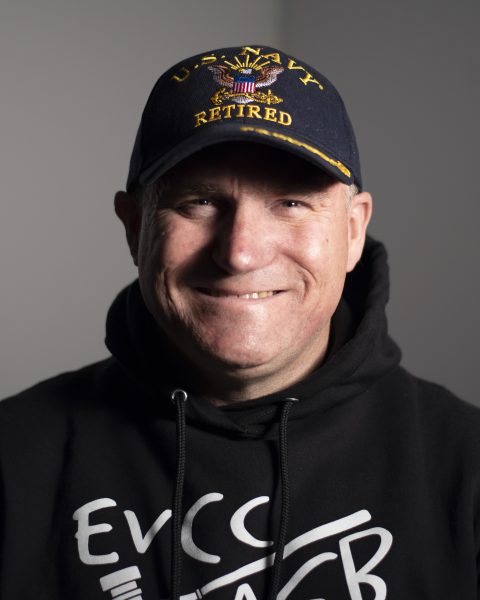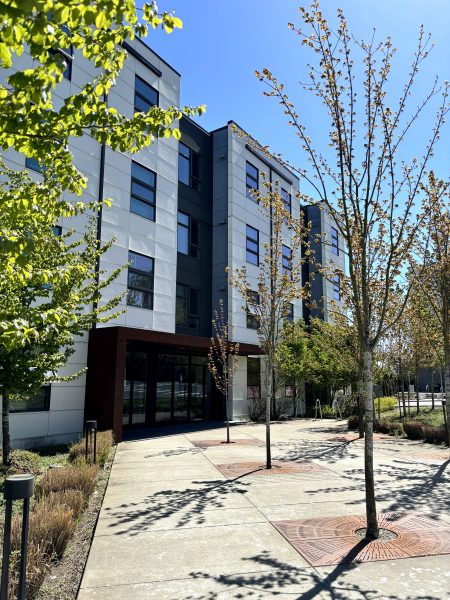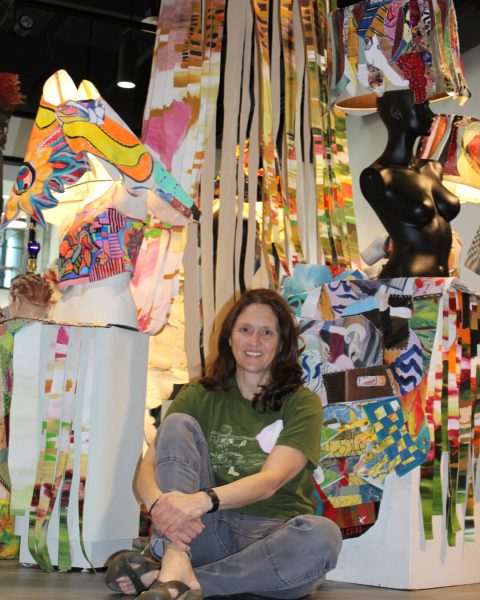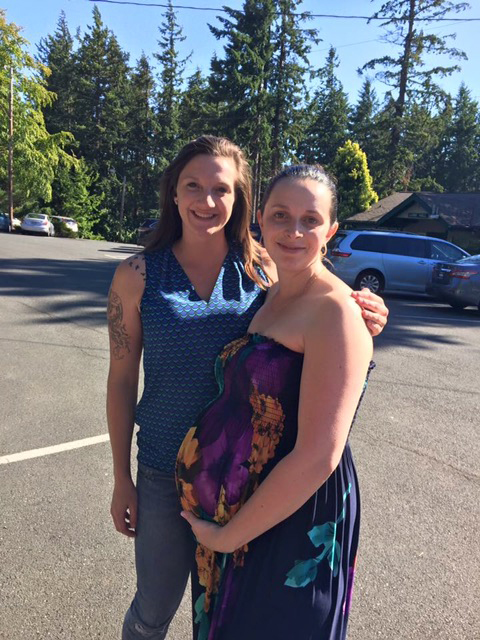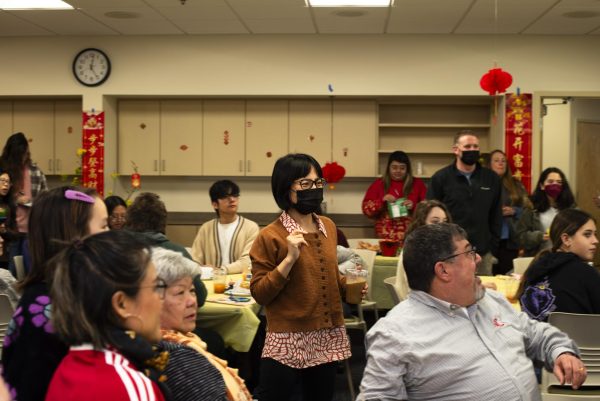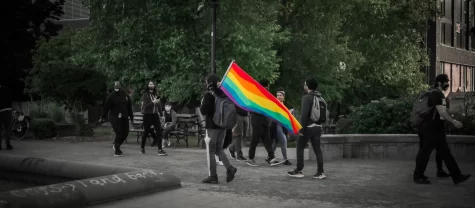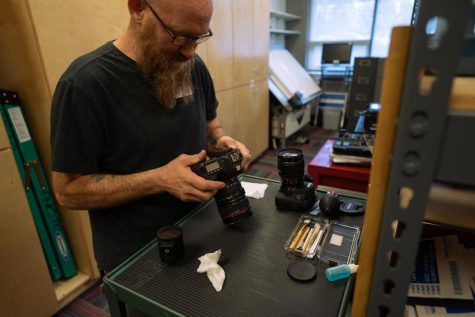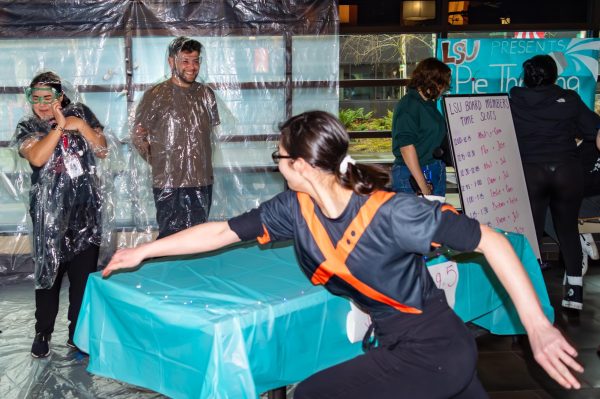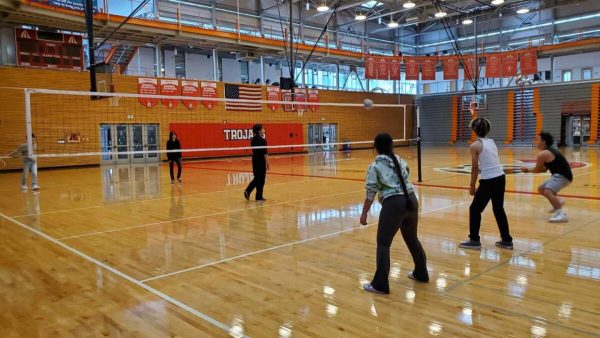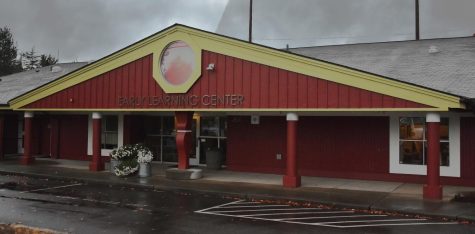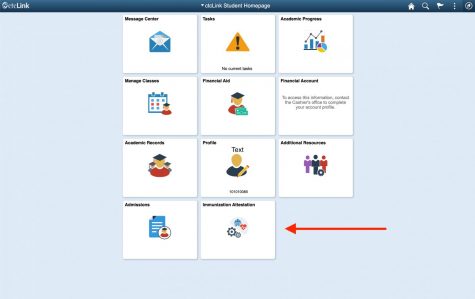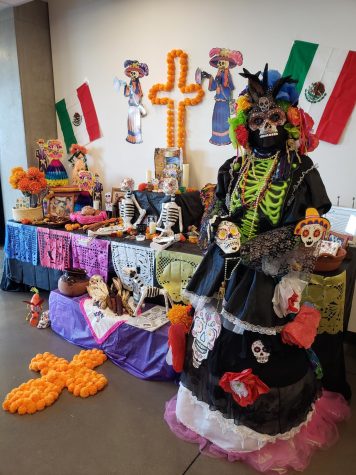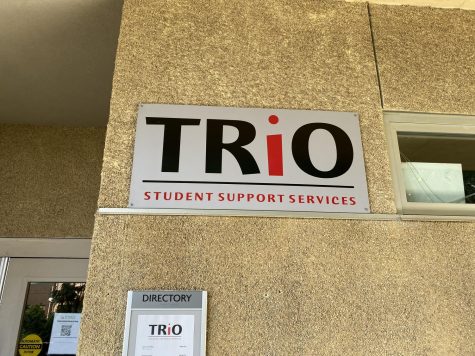Mental Illness: Breaking the Silence
EvCC Students Discuss Mental Illness
Mental Illness – Breaking the Silence
Amerina Gotcher’s sister, Bridget Lewis, was having suicidal thoughts. “My sister did not tell our mom about her suicidal thoughts because she was afraid that she would think she was just being overdramatic,” Amerina said.
Bridget Lewis was very social and loved going out with friends until her early teens when she started to experience mood swings, no energy and no desire to get out of the house. She knew there was something wrong but her mother did not believe her. Her mother didn’t believe that she was depressed. She thought that she was just getting picked on by other kids and it wasn’t a big deal, that she would eventually get over it.
For several years Bridget suffered without proper care. Then, when she was 16, she took the courage to visit her doctor without her mother’s company. The doctor diagnosed her with depression and after a few more visits, she was diagnosed with bipolar disorder. She was referred to a therapist. Bridget needed to tell her mother who later came to the doctor with her. She approved to give Bridget medication. Between counseling and medication, Bridget’s suicidal thoughts went away and she started feeling better.
Today, Bridget is 30 years old and is doing well. She is still taking medication but in smaller doses and not as often as she used to. “She uses positive thinking techniques and breathing patterns when she becomes overwhelmed,” Amerina said. She found some ways to manage her depression such as spending a lot of time outdoors. Bridget likes to bake and she uses that to boost her self-esteem and battle her depression.
Students at EvCC Speak Out
Chelsea Maxwell’s best friend had insomnia and bipolar disorder. She died due to complications from her medications. It was sudden and without warning. Chelsea was devastated and did not hold back from crying. It took months for her to feel somewhat alright. To cope and to process what had happened, she wrote in her journal. Using her journal, she talked to her friend as if she was still alive. “I wrote letters to her. I told her how I feel and that it was all temporary,” Chelsea said.
In middle school, Trinh Le lost a best friend to suicide. From time to time she feels depressed. She makes goals to have something to look forward to. “Help needs to come from both sides. Be optimistic and not live in the past,” Trinh said.
Some students expressed their thoughts and feelings about mental illness and why people commit suicide.
“It is a very complicated question. But, people lose hope. They think that there is nowhere to go but down,” said Koll McMillan.
“The more we talk about it, the more support there is and the less stigma there is, the more people can reach out,” said Sarah Zimmerman.
“People might think that whatever condition they are in, would be too much of a burden for others to take care of,” Kyros Hinton said.
Others may not understand those who suffer and what mental illness is about.
“I don’t really know what to say about mental illness,” said Stephanie Staheli.
Where to Get Help When in Crisis
Everett Community College Counseling & Student Success provides free, confidential and professional counseling. Dr. Earl Martin, one of EvCC’s counselors said, “The main thing I want to emphasize is, it’s confidential.” He added that there are laws that govern the counseling profession to protect the students.
There are five counselors available to the student body. These counselors are spread out throughout the campus. Their main office is located on the third floor of Parks Student Union. To make an appointment for a free and confidential counseling, call 425-388-9263 or email [email protected].
Hotlines and Other Resources
Phone or online support
- National Suicide Prevention Lifeline provides free and confidential support 24/7. Online chats are also available 24/7. www.suicidepreventionlifeline.org
1-800-273-8255
1-800-799-4889 TTY (for the hard of hearing)
- Dial 211 for Helpline Center – 211 provides information and referrals to Social Services and other basic needs such as food, housing, utility assistance, employment, mental and health resources.
In-person assistance
- Visit a local hospital or police station
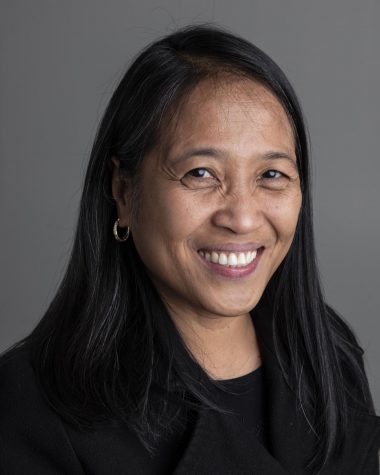
What is something you think everyone should do at least once?
Everyone should visit a different country and stay with local people for at least...

